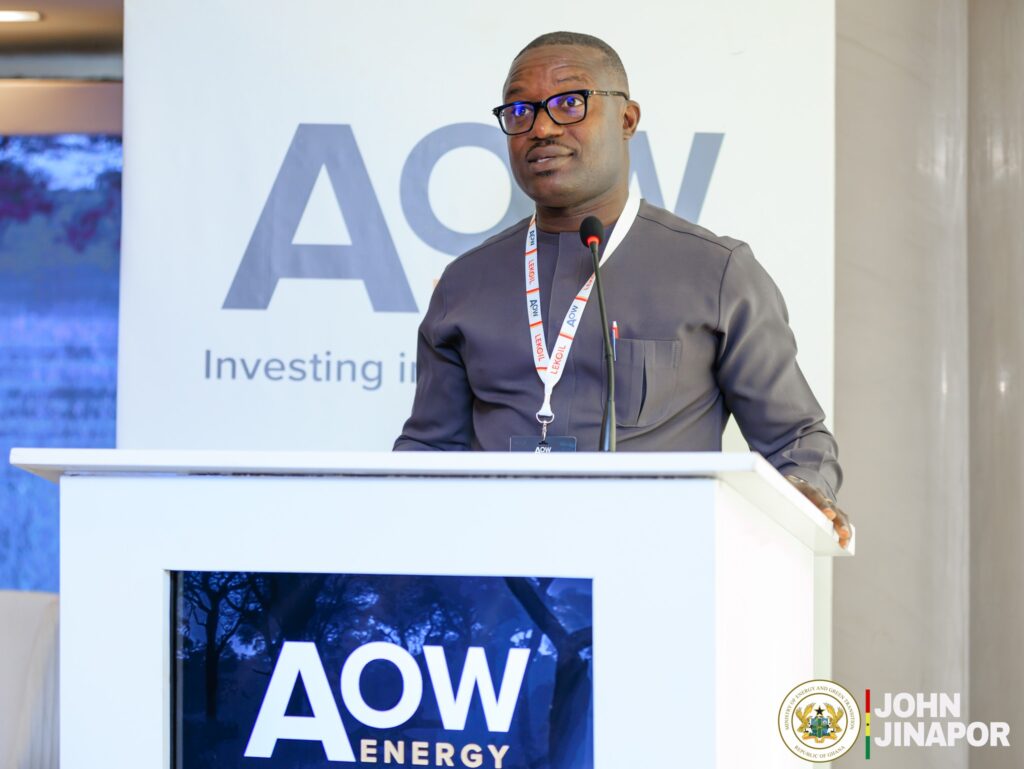
Photo: Minister for Energy and Green Transition, John Abdulai Jinapor
Ghana’s Minister for Energy and Green Transition, John Abdulai Jinapor, has urged African oil executives to drive a “just and fair” energy transition that safeguards the continent’s right to develop its own resources.
Speaking on behalf of President John Dramani Mahama at the opening of the 7th African Petroleum Producers Organisation (APPO) National Oil Companies CEOs Forum in Accra, Jinapor said Africa must ensure its priorities are not sidelined in the global shift toward cleaner energy.
“The world speaks of an energy transition. But for Africa, we must insist that it must be a just transition,” he told delegates. “This transition must be fair, equitable and reflective of our unique circumstances. We must prioritise initiatives that will ensure universal energy access for all citizens.”
The APPO forum, which brings together leaders of national oil companies (NOCs) from across the continent, is designed to strengthen collaboration and present a united African voice on the international energy stage.
Jinapor hailed APPO’s role as a “unique framework for cooperation” that enables African producers to share expertise and advocate for policies that strike a balance between environmental responsibility and economic growth.
Sovereign Choices
The minister emphasised that Africa retains the right to utilise its natural resources for the benefit of its people, provided that development is strategic and sustainable.
“Africa has the right to use its natural resources for the benefit of its people,” he said. “We do it by making smart, strategic, sustainable and sovereign choices about our incredible natural resources.”
Jinapor challenged the assembled CEOs to lead that effort.
“The future of Africa’s energy must be written by Africa, for Africa,” he declared, drawing applause from delegates.
A Just Transition Debate
African energy ministers and industry executives have long argued that the continent, which contributes relatively little to global greenhouse gas emissions but faces high rates of energy poverty, must pursue a transition pathway that allows continued investment in oil and gas alongside the scaling-up of renewables.
Forum participants are expected to discuss investment in cleaner extraction technologies, regional cooperation on refining capacity, and strategies to attract financing for renewable energy while maintaining revenue from hydrocarbons.
The two-day meeting underscores growing consensus among African producers that the global drive to decarbonise must not come at the cost of economic development or affordable energy access.
As Jinapor concluded:
“Africa must be at the table, shaping the agenda. The choices we make today will determine whether our people enjoy reliable, affordable energy tomorrow.”






